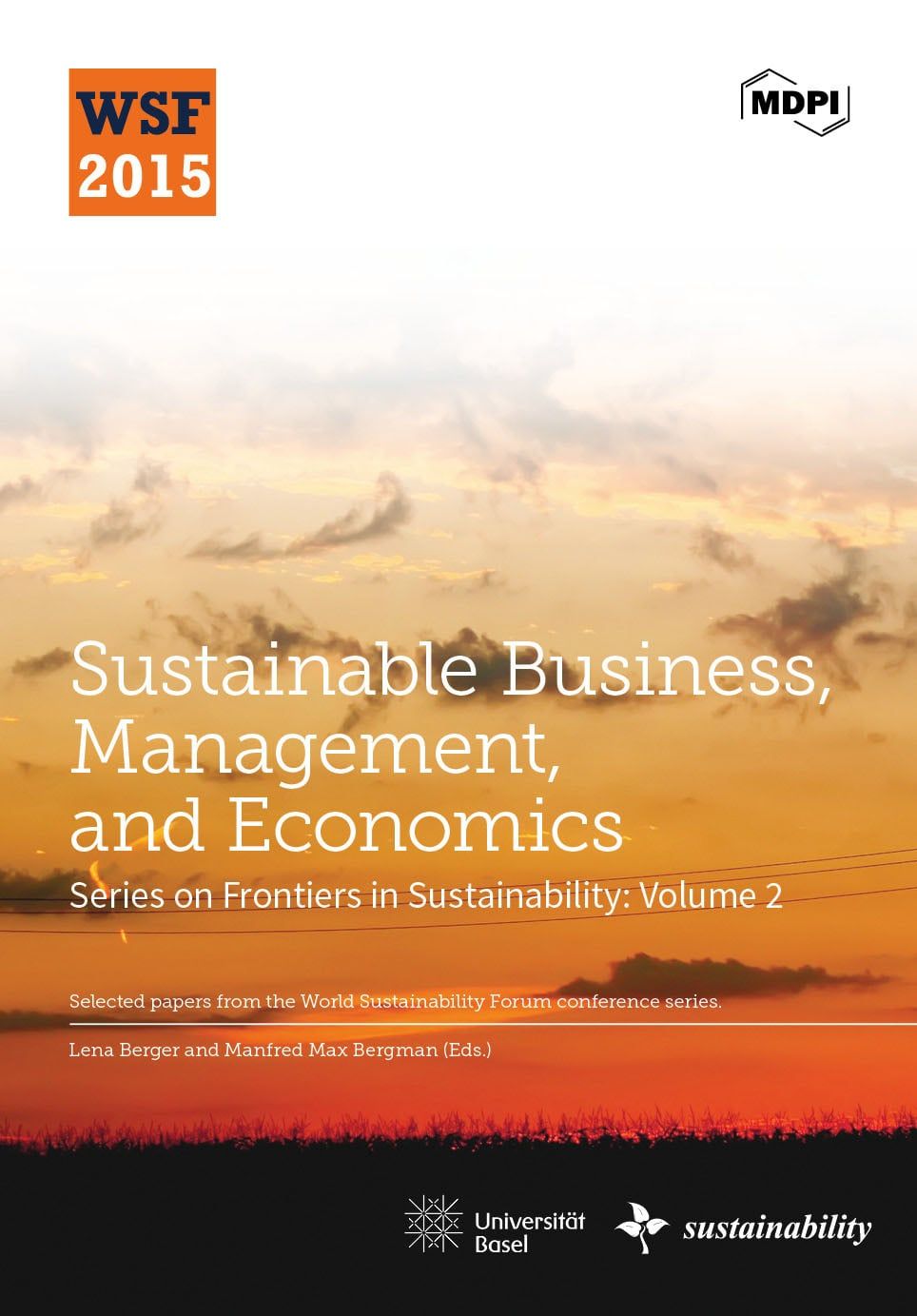Corporate Responsibility Expectations in China: Advanced Business and Economics Students from Beijing
Abstract
In this study, we examine the influence of culture and context on
corporate responsibility expectations of future political and economic leaders in
China. In contrast to implicit assumptions in the established literature, corporate
responsibility is not universally shared and understood independently of context
and culture. We explored corporate responsibility expectations of 80 advanced
business and economics students from first-tier universities in Beijing. The data
for this study consisted of essays written by the participants. Hermeneutic
Content Analysis was used on the essays, which includes a combination of Content
Configuration Analysis and Multidimensional Scaling. Our results revealed that,
according to our respondents, corporations ought to be fully integrated into a
meta-system that includes the state and society. Corporate success in terms
of technological advancement, profits, and market share are thought possible
through collective contributions by the state and society, which in turn expect
considerable, systemic, and continuous contributions by corporations toward
national socioeconomic development and prosperity. The responses seemed entirely
independent of the business and economics literature to which the respondents
are exposed. Furthermore, the respondents understood the interdependent and
reciprocal relations within this meta-system with reference to the Chinese nation.
Profit seeking or market share increase in their own right, or references to corporate
responsibilities beyond national boundaries were mostly absent.
